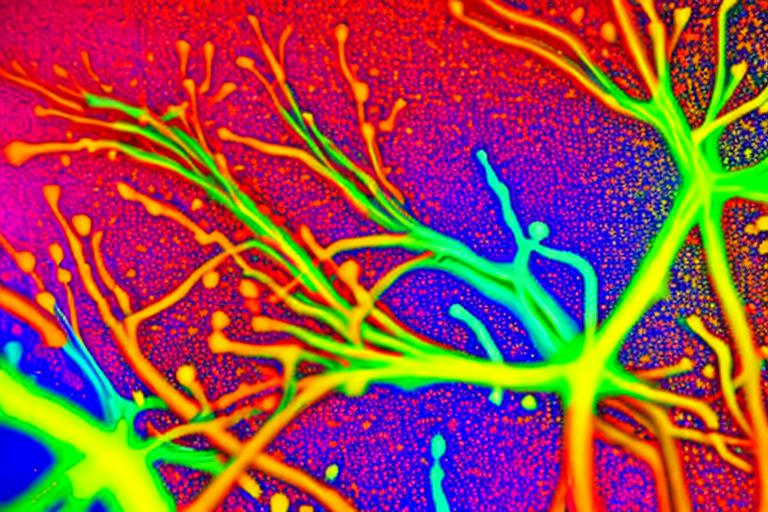A new diagnostic test for autism has been developed that can detect markers of risk in a single strand of hair. The technology, developed by the startup LinusBio, uses an algorithm to analyze hair for patterns of specific metals that have been associated with autism. The test was able to accurately predict autism 81% of the time in a peer-reviewed study published in the Journal of Clinical Medicine.
The potential benefits of this technology are significant as it could help children receive early intervention treatments sooner and lead to the development of new drugs or therapy models for young children. The current average age for an autism diagnosis is 4 years old, but by that time, much of the brain development has already taken place. With early intervention, children can receive individualized instruction from a trusted teacher to help address their specific developmental needs.
The causes of autism are still mysterious and the debate over the role of environmental and genetic factors continues. LinusBio’s test analyzes the history of the child’s metabolism, giving a picture of what substances or toxins the child has been exposed to over time. The test runs a laser along the length of a hair, using its energy to turn it into plasma for analysis. A centimeter of hair captures roughly a month’s worth of exposure data.
The machine-learning algorithm used in the test is trained to look for patterns of dysregulation in metals that the researchers believe are biomarkers of autism. The technology creates huge amounts of data, but the results show that “we can detect the clear rhythm of autism with just about one centimeter of hair,” according to Manish Arora, the CEO and co-founder of LinusBio.
While the findings of the study are exciting, many independent experts caution that more research is needed before the test can be considered a valid measure of autism spectrum disorder risk. The LinusBio test is not yet federal approved and is only meant to assist clinicians in identifying autism. The American Academy of Pediatrics recommends autism screenings at 18 months and 24 months, but there is currently not yet a biological test for autism spectrum disorder.
In conclusion, the LinusBio test is a groundbreaking innovation in the field of autism diagnosis and could lead to earlier interventions for children with autism. However, more research is needed before the test can be relied upon as a definitive diagnostic tool.


Thank you for sharing this exciting news about the new diagnostic test for autism! As a parent of a child with autism, I understand the importance of early intervention. I can’t wait for this test to be widely available and hope it can help more children receive the support they need sooner.
The technology used in the LinusBio test, which analyzes patterns of specific metals in hair, has the potential to provide valuable information about a child’s exposure to substances or toxins. However, it’s crucial to consider the limitations of the technology and the need for further research to validate its findings.
This is a promising development in the field of autism diagnosis. The ability to accurately predict autism with a single strand of hair could have significant benefits for children and families. However, it’s important to remember that this test is not a replacement for a comprehensive evaluation by a professional and should be used to assist in the diagnostic process.
The results of the study are intriguing, but it’s important to remember that this test is not yet FDA approved and further research is needed before it can be considered a valid diagnostic tool. As ABA professionals, we must remain cautious and ensure that all of our interventions are based on the latest and most reliable research.
Yeah, I dunno about that. markers maybe, but highly doubt this will prove to be an accurate measure